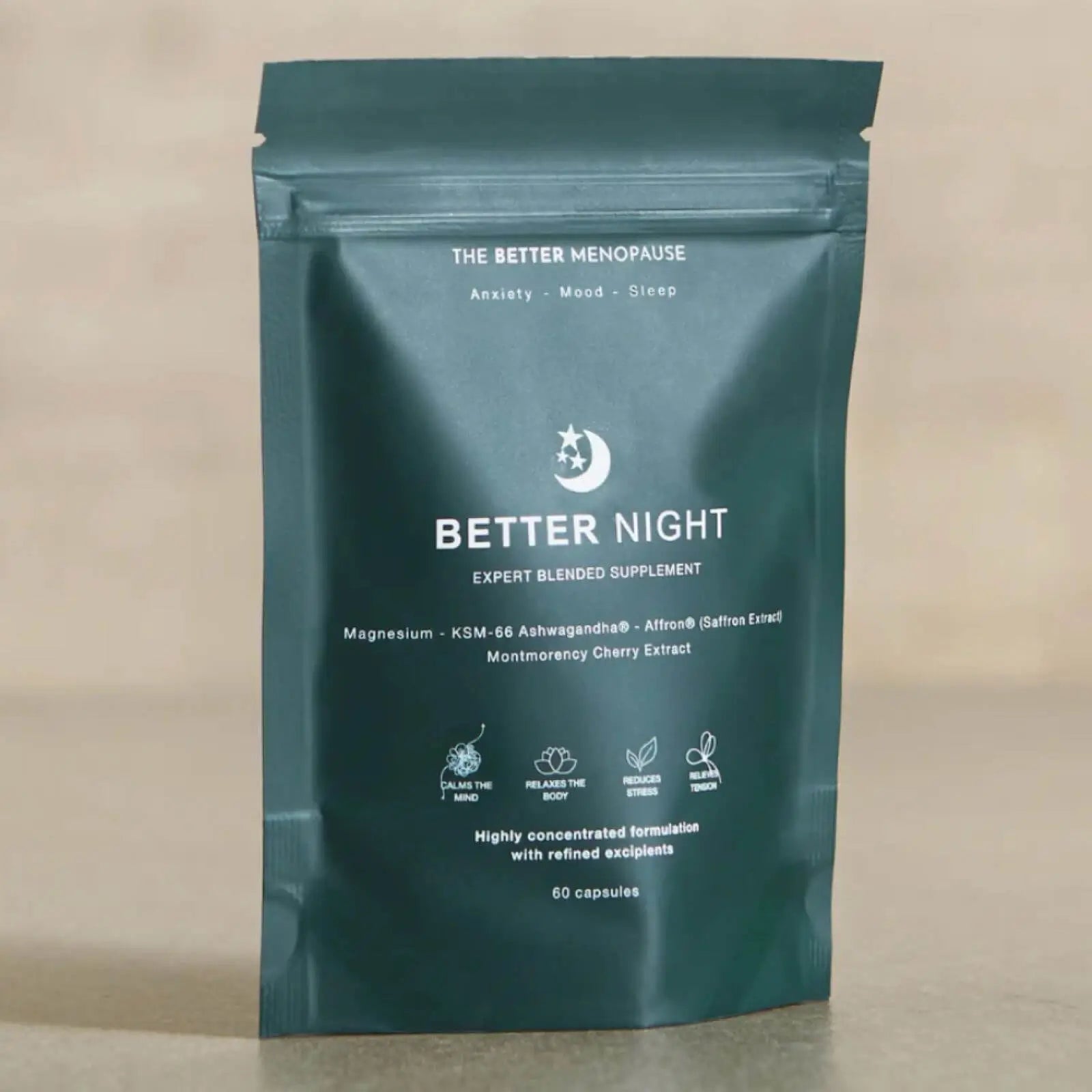
Nourishing Menopause: The Traditional British Christmas Lunch is packed with incredible nutrients essential to supporting a healthy and happy menopause.
As we approach Christmas Day, it's the perfect time to appreciate the nutritional powerhouse that is the traditional Christmas lunch, rich in protein, fibre and antioxidants.
This festive meal is not just a culinary tradition; it's a great source of diverse gut loving plants, vitamins and minerals. So as you prepare to tuck into a feast you can do it knowing there is a lot to love about this annual dish.
The secret is in not overeating so that you are uncomfortable. If roasts tend to bloat you then try taking a digestive enzyme before your meal and take a daily probiotic to boost your gut health.
Roast Turkey: A staple of the Christmas table, turkey is an excellent source of lean protein, essential for maintaining muscle mass during menopause. It's also rich in B vitamins, which are crucial for energy production and mood regulation. Turkey is a great source of tryptophan, the essential amino acid that our body needs to make serotonin (our happy hormone) and melatonin (the neurotransmitter that fuels sleep).
Brussels Sprouts: These little green gems are a powerhouse of nutrients. High in fibre for digestive health and rich in vitamin K for bone strength and packed with antioxidants to neutralise free radicals before they damage our cells. They contain an active substance called sulforaphane which helps the body metabolise and balance oestrogen. This active chemical is found in all of the brassica family of vegetables so include them everyday!
Parsnips: Parsnips, with their sweet, earthy flavour, are not just delicious but also nutritionally dense. They offer a good source of fibre, vitamin C, and folate, important for heart health and mood balance.
Roast Potatoes: A comforting and beloved part of the meal, roast potatoes provide complex carbohydrates for sustained energy. They are also a good source of vitamin C and potassium which is important for our heart, muscles and nervous system. They contain a starch that is not broken down and fully absorbed by the body. Instead, it reaches the large intestine where it becomes a source of nutrients for the beneficial bacteria in your gut. Research has linked resistant starch to many health benefits, including reducing insulin resistance, which, in turn, improves blood sugar control.
Carrots: Carrots are full of nutritional benefits, packed with beta carotene, fibre, potassium, vitamin K1 and antioxidants. They may promote healthy vision, balance your blood sugar, help with weight management, lower your risk of cancer, regulate blood pressure, reduce heart disease, improve immunity, and boost brain health
Cranberry Sauce: This festive condiment, rich in antioxidants and anti-inflammatory compounds. They support circulation, heart health and can be beneficial in treating UTIs. Per a study published in 2018 in OMICS, consuming cranberries can create a positive shift in beneficial gut bacteria tied to immunity, mood, and digestive health. Also, the fibre in whole or dried cranberries helps prevent constipation and supports overall digestive health.
Christmas Pudding: Often seen as a treat, this dessert also brings nutritional benefits. The dried fruits within are a source of iron and fibre, aiding in energy maintenance and digestive health.
Leftovers: the next day become an even better source of this type of starch so cook extra and enjoy with cold cuts and salads.
This traditional Christmas lunch, with its variety of vegetables and lean protein, is not just a celebration of heritage but also a support system for health. The more colour you have on your plate, the greater the range of nutrients, antioxidants and health benefits.
So, enjoy the festive flavours knowing you're nourishing your body with every bite!


